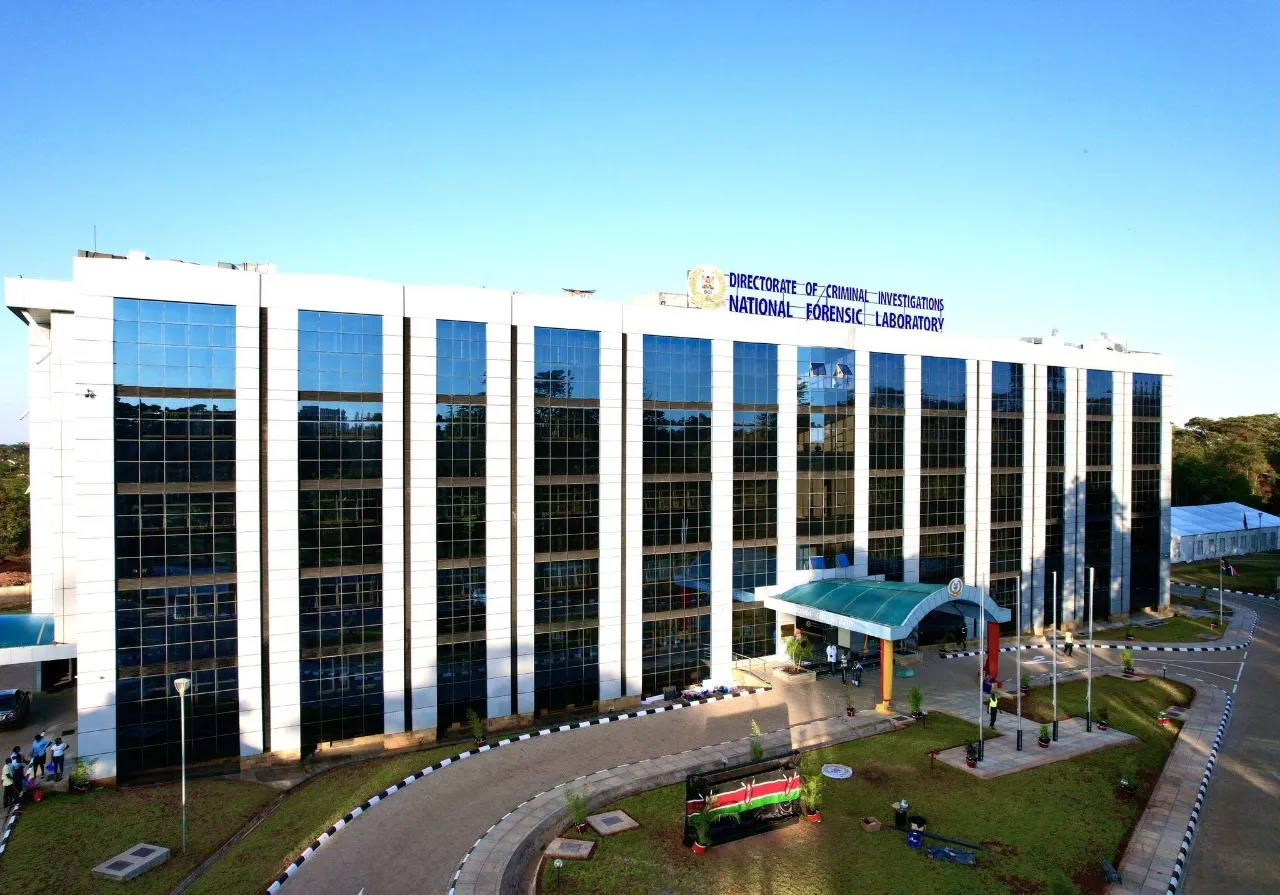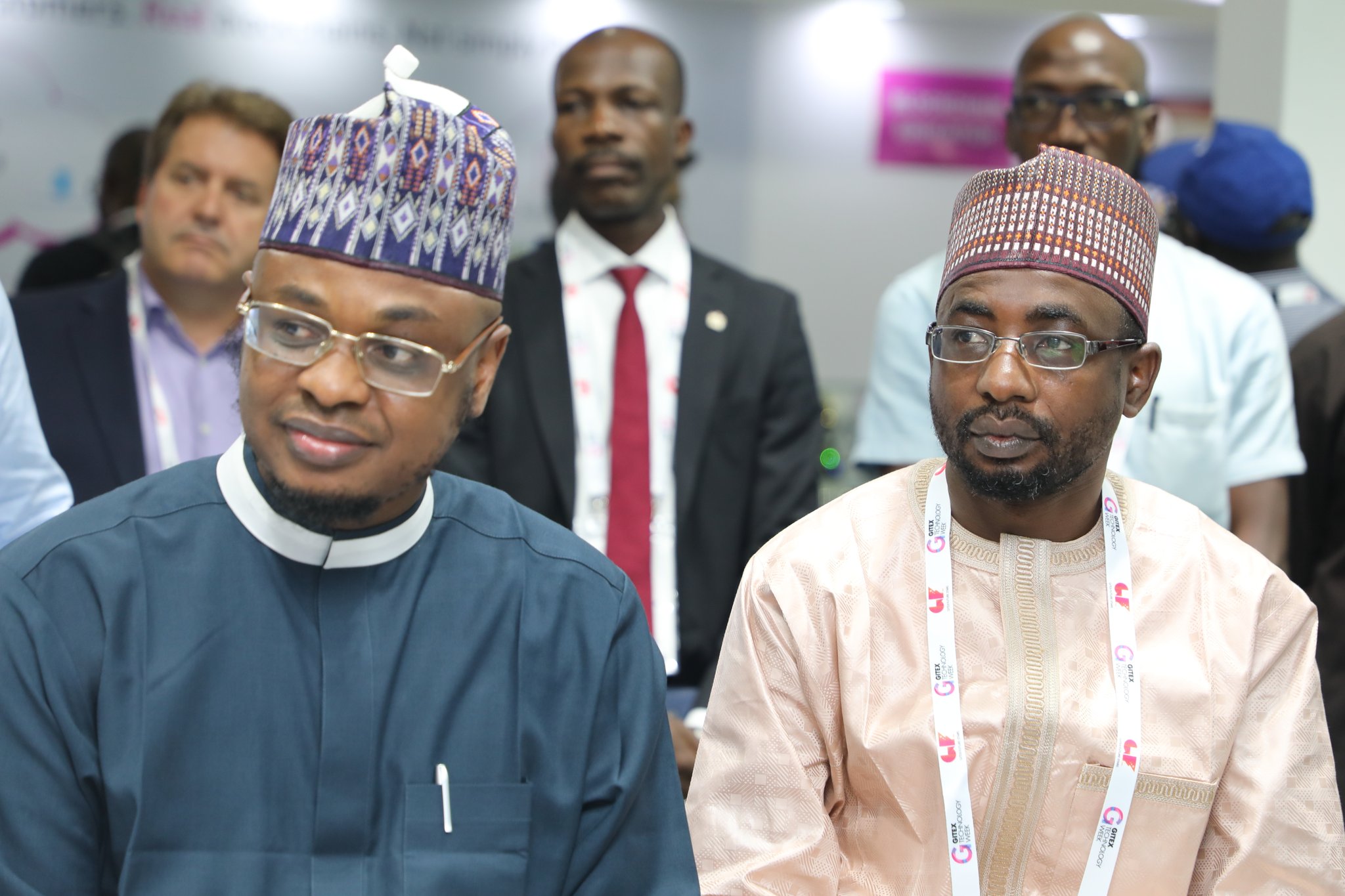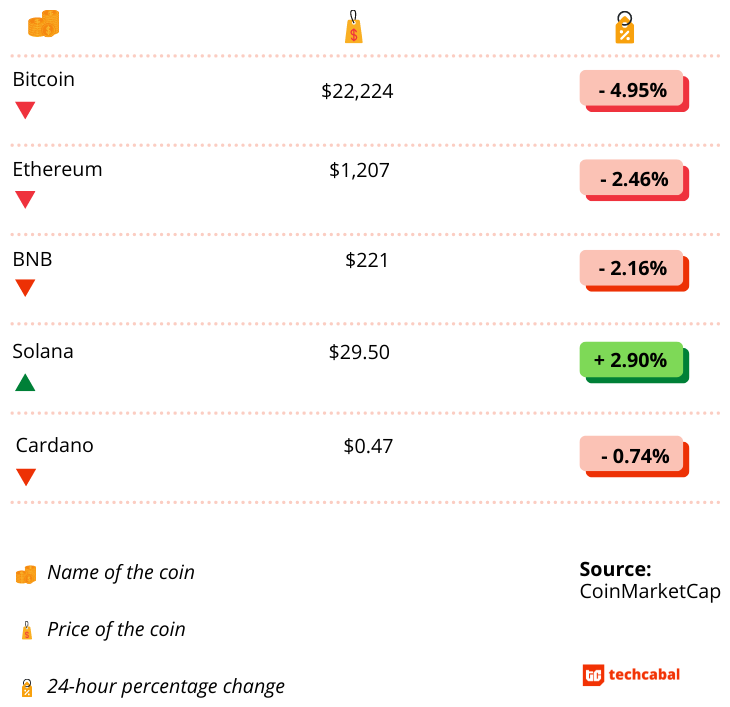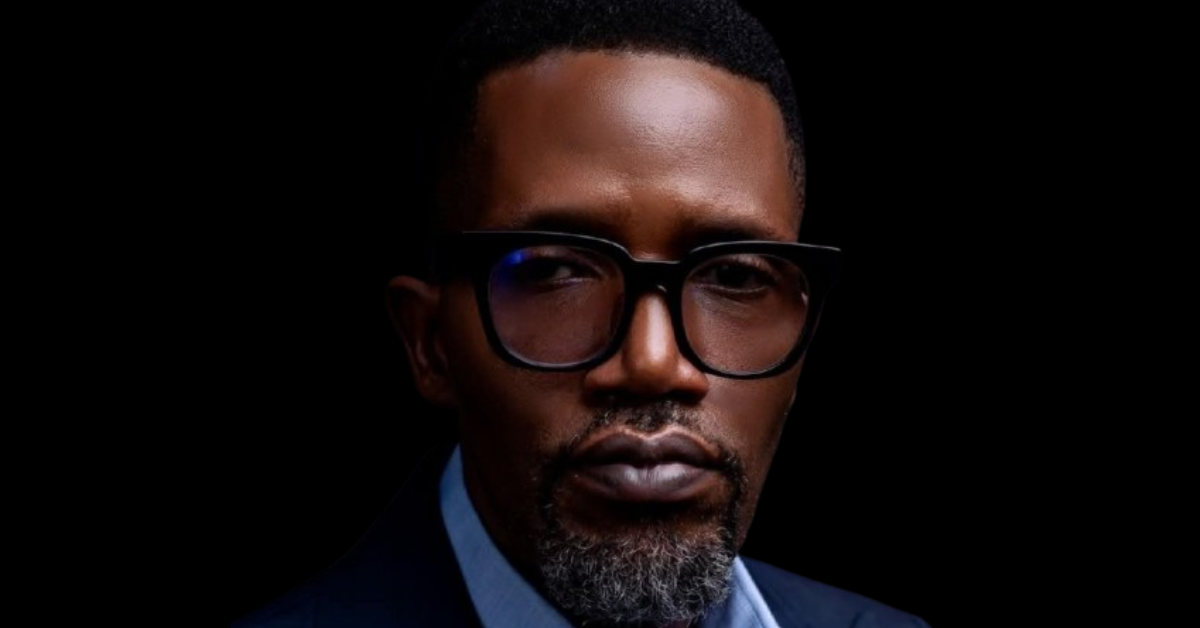
IN PARTNERSHIP WITH

Good morning 🌄
TechCabal mourns the passing of Tefo Mohapi, founder and editor iAfrikan.
An engineer, technologist and storyteller, Mohapi’s work at iAfrikan since 2015 has helped highlight technology, innovation and entrepreneurship on the African continent.
We extend our condolences to his family and friends and hope that they find the fortitude to bear this loss.
We’re presently calling for tributes for Tefo. Please reach out to us at team@techcabal.com if you’d like to share yours.

In today’s edition
- NITDA wants to regulate social media in Nigeria
- Orange launches healthtech platform in Côte d’Ivoire
- Kenya wants to fight crime with a $34 million forensic lab
- Opportunities
NITDA WANTS TO REGULATE SOCIAL MEDIA IN NIGERIA

Nigeria has revealed its latest arsenal in its war to regulate social media.
Months after it lifted its 7-month ban on Twitter, the Nigerian government has set out to regulate social media platforms with a new Code of Practice.
On Monday, the National Information Technology Development Agency (NITDA) announced that it had developed a draft Code of Practice for Interactive Computer Service Platforms/Internet Intermediaries a.k.a. social media platforms, blogs and sites with over 100,000 users. While this includes sites like Twitter, Facebook and LinkedIn, it also extends to indigenous platforms like Nairaland and blogs.
The draft Code is divided into 5 parts with the first 2 parts laying down the responsibilities of the social media platforms.
The most glaring sections, Part I of the draft Code, NITDA lays down 11 primary responsibilities which include abiding by Nigerian laws, providing dedicated channels for government agencies to lodge complaints, removing any content reported by government agencies within 24 hours, and disclosing identities of reported creators to the Nigerian government.
There’s also Part IV, a particularly troublesome section titled “Prohibitions”, which lays down orders for the removal of material prohibited by Nigerian law. According to the draft, “Prohibited Material” includes anything that threatens public interest, order, security, peace and morality—content which must be taken down within 24 hours.
The good, bad, and ugly
While the bill does have its highlights, with sections that seek protect Nigerians from revenge porn and child sexual abuse materials (CSAM), it also has huge red flags. Most of its sections state that content posted on social media sites will be subject to Nigerian laws as well as “morality”, and many Nigerians are concerned that this gives the government leeway to ban any and all content.
Zoom out: The Code is still in the draft stage though, and there’s the possibility it won’t be enforced. After all, this isn’t Nigeria’s first attempt at this kind of regulation. There was the social media bill of 2019, and the hate speech bill which proscribed death as the penalty for hate speech. In 2021, there was also an attempt to modify the National Broadcasting Commission (NBC) Act to cover social media platforms. All received significant pushback and were shut down. Let’s hope this one is too.
Don’t just send money, send money fast. Send and receive money directly to mobile wallets, bank accounts, Barter or through cash pickup with $end.
Visit send.flutterwave.com and do it now!
This is partner content.
ORANGE LAUNCHES HEALTHTECH PLATFORM IN CÔTE D’IVOIRE

Pan-African telecommunications group Orange Telecom has launched a health-tech platform, Orange Santé, or “Orange Health”, in Côte d’Ivoire.
Developed in partnership with Moroccan start-up DabaDoc, it will provide access to several services such as online appointment booking, digitised medical records, teleconsultations, and payment for remote consultations by the diaspora.
Orange Santé’s goal
According to World Bank Data, there is 1 physician per 5,000 people in Côte d’Ivoire, and that is where Orange Santé has decided to begin its operation in sub-Saharan Africa.
The platform aims to make up for the shortage of doctors affecting certain health districts by allowing patients living in isolated regions to consult medical specialists of their choice remotely.
How it works
The Orange Santé platform allows Ivorians to access doctors, regardless of location, on an app. They will be able to make appointments with Ivorian healthcare facilities listed on the platform. On the app, medical professionals will be able to create the patient’s digitised medical record.
The penetration problem
The platform will be launched in other countries in sub-Saharan Africa by 2023, but for now, it is focused on the Ivorian market. Whether it is launched as a web-based software or mobile application, Orange Santé platform is faced with the same problems facing e-health startups operating in Africa such as low internet penetration rate.
The internet penetration rate in Côte d’Ivoire is 46.8%, and most internet users in the country live in urban areas where access to doctors is not much of a problem. The people in remote areas who need what Orange Santé offers have limited access to the internet.
Orange group will have to work its way around this situation to become the key player in e-health in Africa and the Middle East that it strives to be.
Europe’s biggest start-up and tech event is back! Viva Technology brings together start-ups, CEOs, investors, global tech actors, and well-pronounced speakers. It will take place on June 15-18, in Paris.
This is partner content.
KENYA WANTS TO FIGHT CRIME WITH A $34 MILLION FORENSIC LAB

Kenya’s President Uhuru Kenyatta has launched a $34.1 million (Ksh 4 billion) forensic laboratory at the Directorate of Crime Investigation (DCI) headquarters, Nairobi. The laboratory will support and accelerate crime investigations in the country by enabling factual reconstruction of crime events and the identification of suspects through evidence-based investigations.
An elusive dream come true
DCI boss Goerge Kinoti said, “The dream for the country to have a National Forensic facility that would help in solving crime scientifically has been elusive for many years now, even after successive governments invested billions of shillings in the project.”
With this lab, Kenya will no longer have to send samples to South Africa for forensic analysis. It will also maintain a DNA Index System for use in solving future crimes. The cybercrime and digital forensics lab will be used in collecting evidence from digital equipment like computers, digital cameras, memory cards, flash disks and other storage devices as well as help in recovering deleted short message texts, contact lists, videos and email sources.
Overall, criminal investigations will be fast-tracked.
The forensic lab has 12 units that include: The fingerprints Identification Bureau, Forensic Chemistry Unit, a Cybercrime and Forensic Laboratory unit, a Forensic Imaging and acoustics unit, and more.
The people who work in the lab
Detectives qualified in various academic scientific fields such as computer science, pure mathematics, chemistry, biology, biochemistry, physics and information technology among others, have been employed to apply their specialized skills.
However, President Kenyatta asked the Ministry of Interior to collaborate with the Ministry of ICT to develop ways to improve the capacity of the cybercrime unit within the DCI forensic laboratory.
He also directed the National Police Service to introduce a mandatory continuous professional development programme on Cyber Security for all officers charged with criminal investigations.
Fincra has been granted an Approval-in-Principle from the Central Bank of Nigeria for a Payment Service Solution Provider license.
With this approval, Fincra has permission to deliver its financial payments services to help businesses across the country.
Try Fincra here.
This is partner content.
OPPORTUNITIES
- Substack’s Sound of Summer Workshop is now open to applications from podcasters, audio creators, musicians, and sound-obsessed Substack writers. Selected writers will attend a month-long workshop, learning storytelling, production and editorial strategies from the Substack team. They’ll also receive a $1,000 stipend, production-enhancing audio services, essential gear, and tailored guidance. Apply.
- The Last Mile Money Startup Accelerator is now open to ventures working at the intersection of last-mile users and financial empowerment. Selected startups will receive design support, access to Last Mile Money’s network, and up to $50,000 in equity-free grants. See what’s up.
- The Nigeria Youth Futures Fund (NYFF) Young Leaders Development Fund 2022 is open to applications from young changemakers with experience in media, health, environment, civic participation, education, security, and ICT. Apply for the chance to get up to $40,000 in grants. Check it out.
What else we’re reading
- MFS Africa extends its Series C by $100 million, bringing the total to $200 million.
- Cairo Angels makes its first Nigerian investment in BNPL startup, Credpal.
- Flutterwave appoints a new Chief Financial Officer (CFO).
- Instagram will start nudging teens away from content they continuously browse through.
- Google is updating its Calendar invites to a modern and stylish look.






























